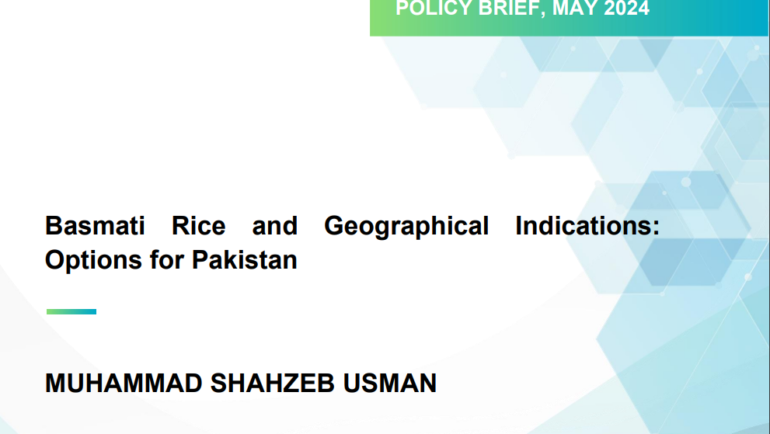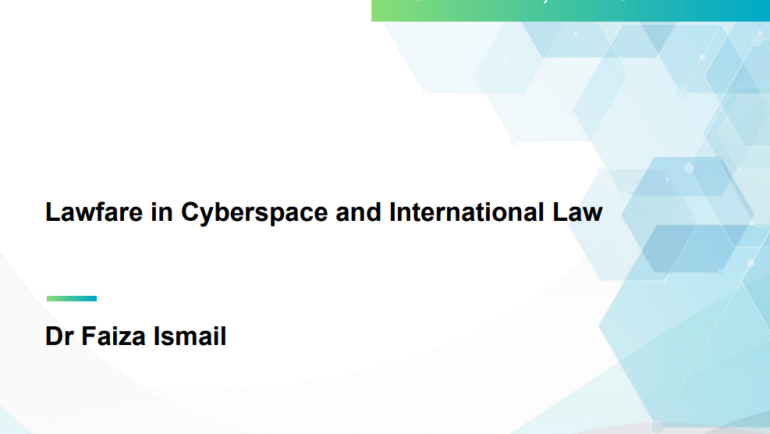Policy Brief 29/08/2025
Given its centrality to the heritage of Buddha civilisation, India uses culture and Buddhism as instruments of soft power in the projection of its foreign policy, aiming to maintain regional hegemony. India claims to uphold the principles of non-coercion and peaceful coexistence inherent in the Buddhist faith, which it considers integral to its aspirations of becoming a great power. However, this approach appears to serve the underlying objective of consolidating India’s political influence in South Asia. Sri Lanka regards Buddhism as a fundamental element of its national identity and cultural heritage. Pakistan, too, holds significant potential to develop and promote religious and cultural tourism by attracting Buddhist visitors. However, it has yet to fully leverage its rich Buddhist heritage to project its soft power capabilities. Unlike India, Pakistan neither aspires to regional hegemony nor instrumentalises its Buddhist heritage to influence Sri Lanka’s internal policy-making or disrupt the regional political balance.


